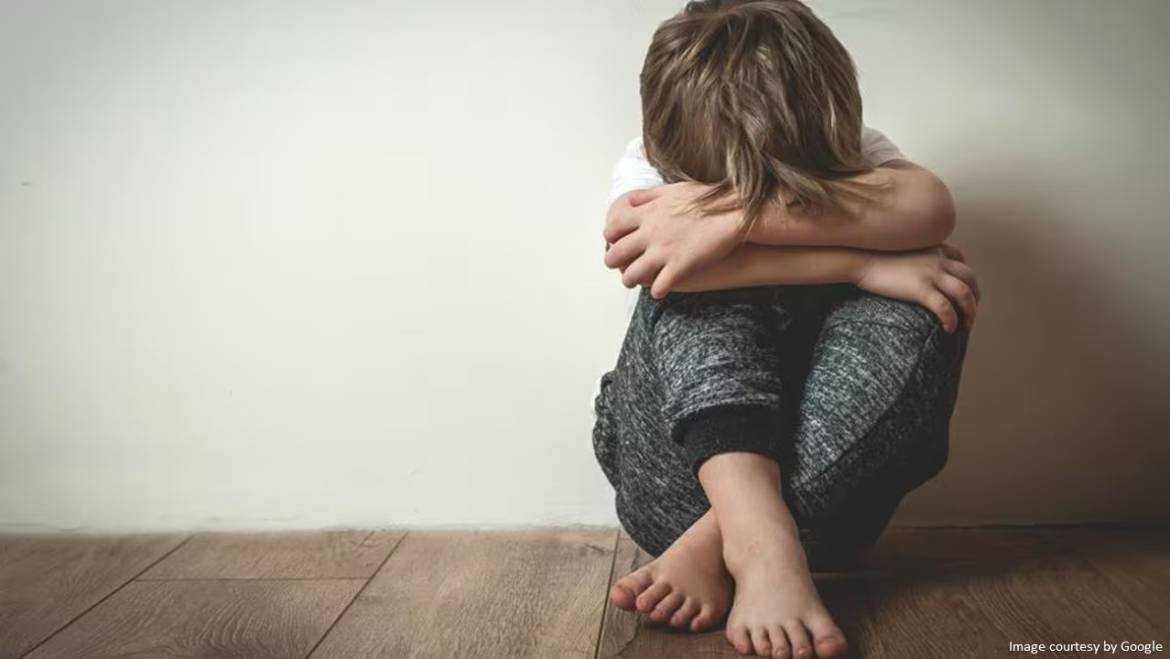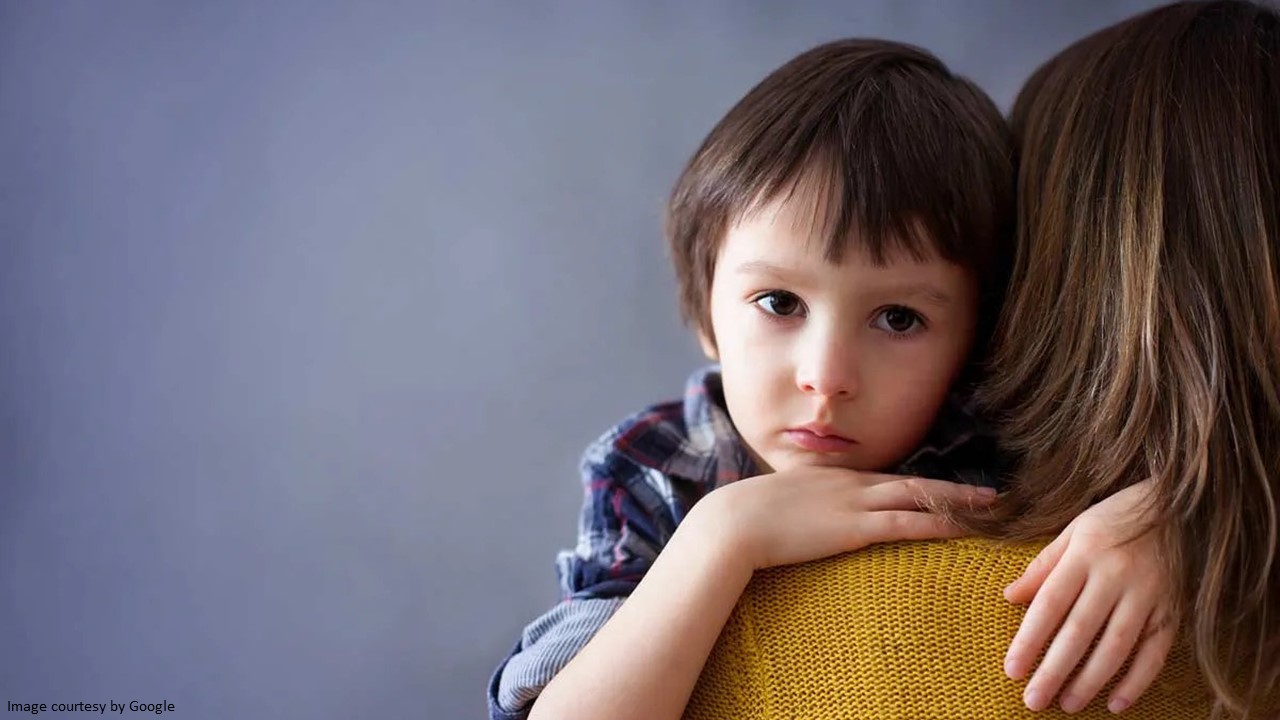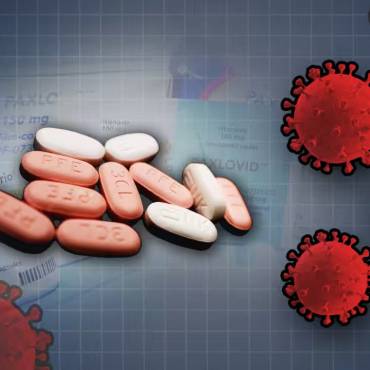For children with depression, the first choice in medication depression treatment is a group of antidepressants called SSRIs (selective serotonin reuptake inhibitors). Individual kids respond differently to different depression medicines.
These days, most schools face challenges with many children who cannot meet their basic day-to-day needs, i.e., sitting posture, paying attention to class work/activities, not controlling their behavior, arguing with classmates and teachers, etc. Many schools have designed special education programs for these children to overcome these issues. The number of children with depression is rising at an alarming rate. At the same time, the incidence of clinical depression among adults (including parents) is almost epidemic and continues to rise. As per research, approx 20% of the population meets the criteria for some form of depression. This is not the temporary feeling that people suffer from, and in most cases, it doesn’t go away without treatment. Every fifth person is suffering from some depression.
The number of children with depression is rising at an alarming rate. At the same time, the incidence of clinical depression among adults (including parents) is almost epidemic and continues to rise. As per research, approx 20% of the population meets the criteria for some form of depression. This is not the temporary feeling that people suffer from, and in most cases, it doesn’t go away without treatment. Every fifth person is suffering from some depression.
Childhood depression signs and symptoms are different from everyday emotions that appear as a child grows. It’s not necessary if your child seems sad; he/she is suffering from mental health and depression issues. If the sadness becomes persistent or if this disruptive behavior interferes with normal social activities, schoolwork, interests, or family life, it may indicate that the child has a serious depressive illness. Childhood depression symptoms are treatable. Depression cure is possible if one understands the connection between adult depression and children’s behavior.
There are various ways through which parents can identify the symptoms of depression with their child shows and can plan depression therapy accordingly.
The childhood depression symptoms may include:
-
- Feeling of sadness
- Feeling hopelessness
- Loss of interest in activities
- Felling low energy, irritability, poor performance in school
- Unexpected tantrums, change in appetite
- Changes in sleeping habits, etc.
The syndrome of depressed parents:
-
- Less or no interest in life and social activities
- Low energy
- Prefer to spend time alone
- In cases of depressed mother, they tend to be less responsive, less organized, most of the time express negative emotions, and less likely to be engaged with their children, etc.
Impact of Parental Depression on their Children
It is very much true that our depression affects our child’s health in many ways. Most of the time, a good child therapist knows the reason for the strange behavior of the children as the parent’s depression has a bad impact on the child’s health. Children of depressed parents show significant reductions in personal and academic grooming; parent’s depression adversely affects overall child’s development in almost all aspects.
A parent has to pay attention to their child and understand their behavior. Attention is required throughout life from time to time, but especially when your child is growing, it is needed the most. Parent depression may have a very bad impact on a child’s health; therefore, it is advisable to look after your child and listen to them whenever you see them depressed. You are also required to observe the symptoms of depression in your child and consult a healthcare professional if you find anything serious.
Ask for special health tips and health supplements that can work best for developing your child’s health. Child depression can be cured with the right treatment and with the parent’s support as the parent has the energy to pay attention, to set limits, to be firm and consistent, and their (parents) actions work tremendously amazingly to improve their child’s behavior.
Starting an antidepressant medicine
SSRIs usually take four to six weeks to affect depression symptoms, and their effectiveness continues to grow for several more weeks after that. The best dose leads to the most reduction of symptoms with problematic side effects. This also varies from child to child. So, the health care specialist should begin with a low dose and work up gradually. Doctors might recommend an SSRI medication for depression as their first choice for a depressed child. Antidepressant medicines, including fluoxetine and escitalopram, got FDA approval for the treatment of depression in children or teens. Fluoxetine got approval for treatment of kids up to 8 and escitalopram for those 12 and up.
Also Read: The Benefits Of Outdoor Exercise For Mental Health




